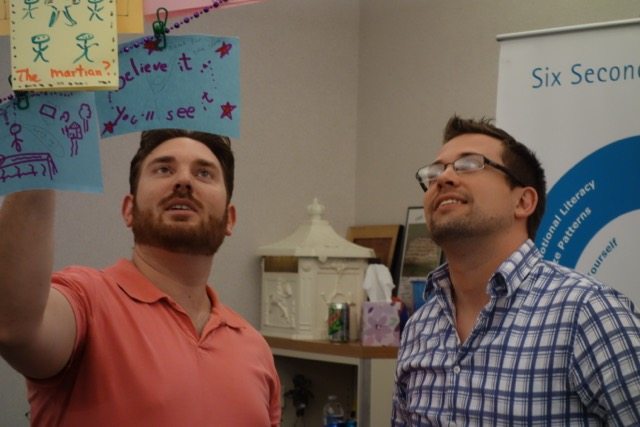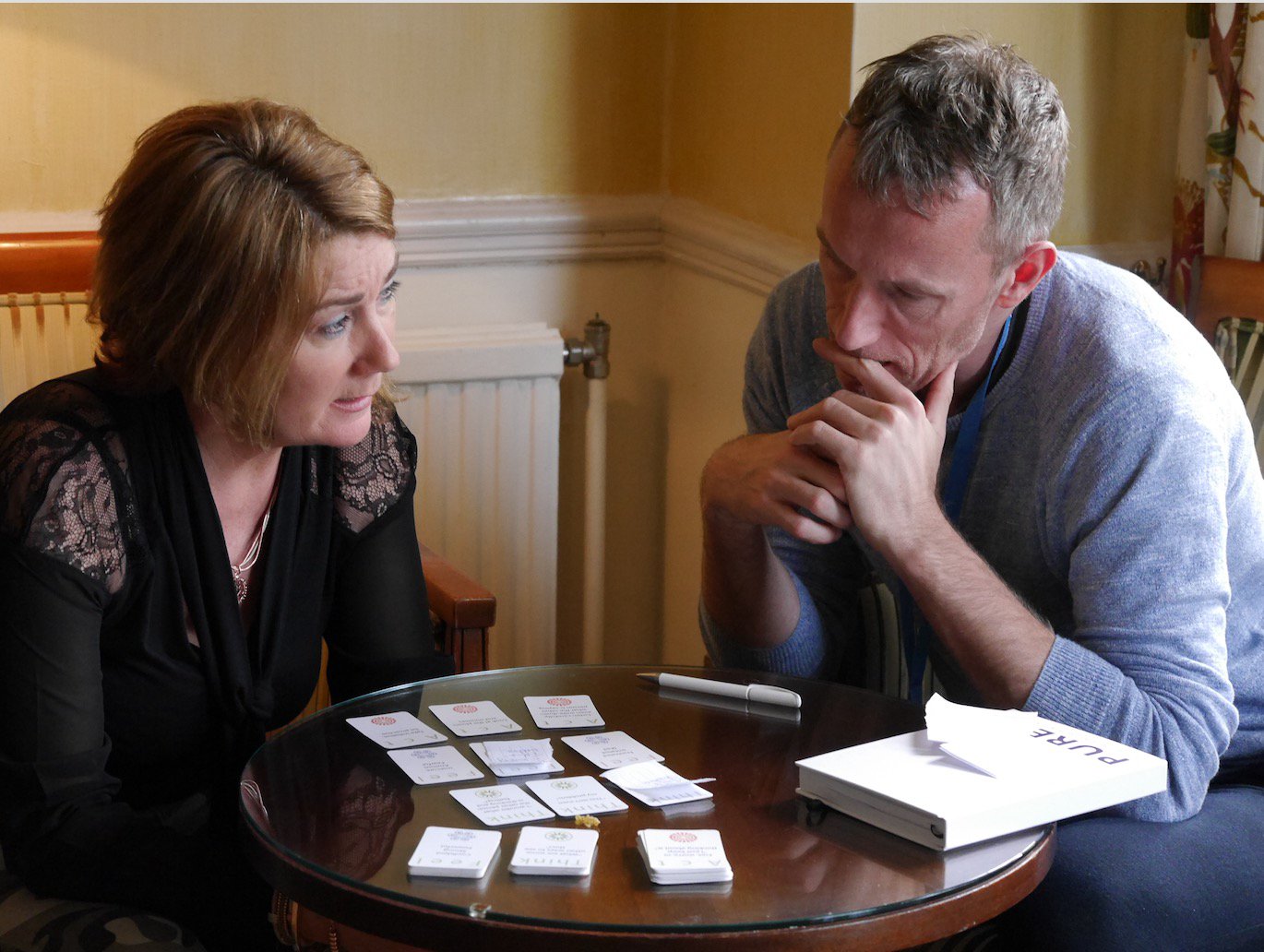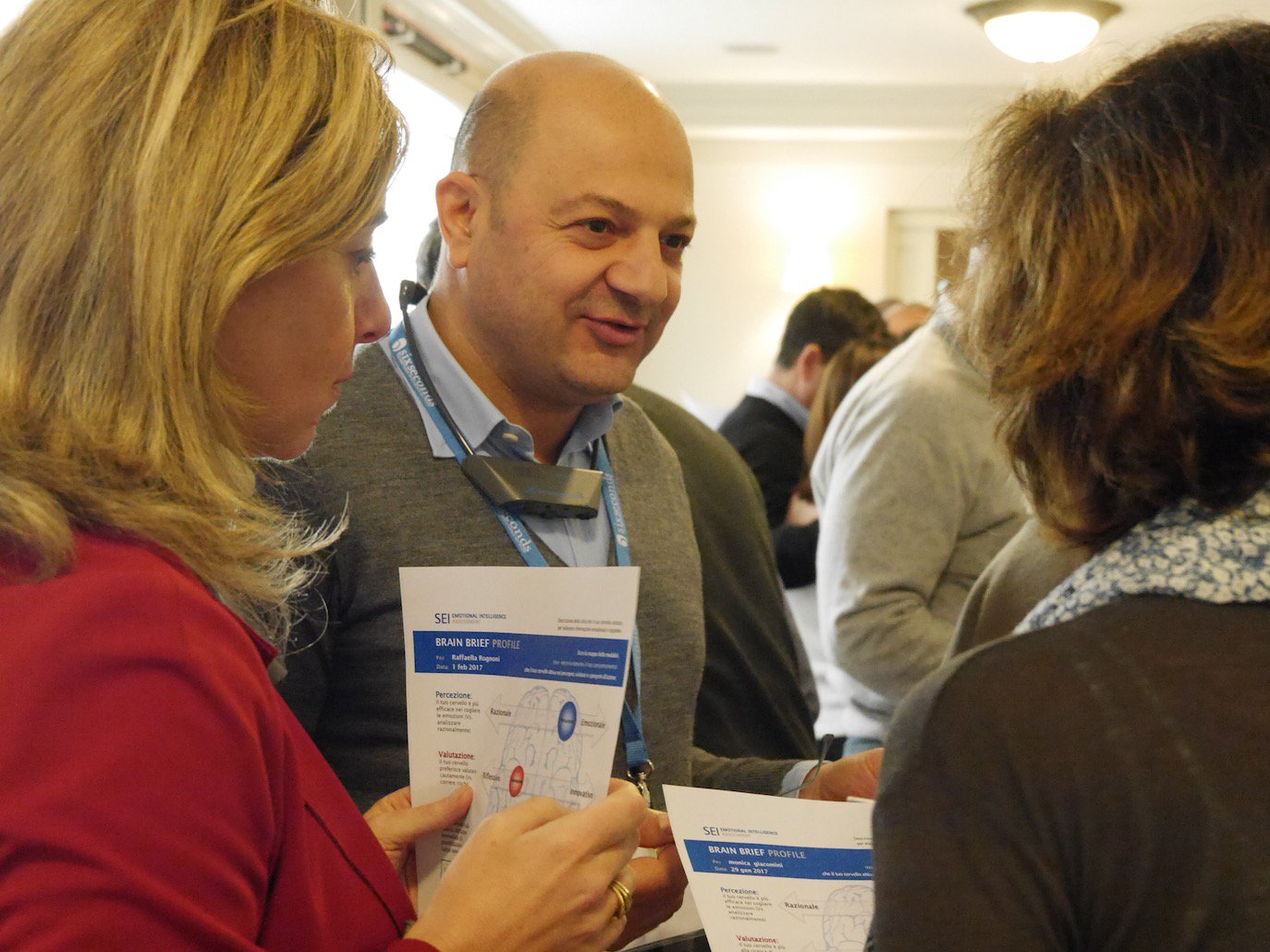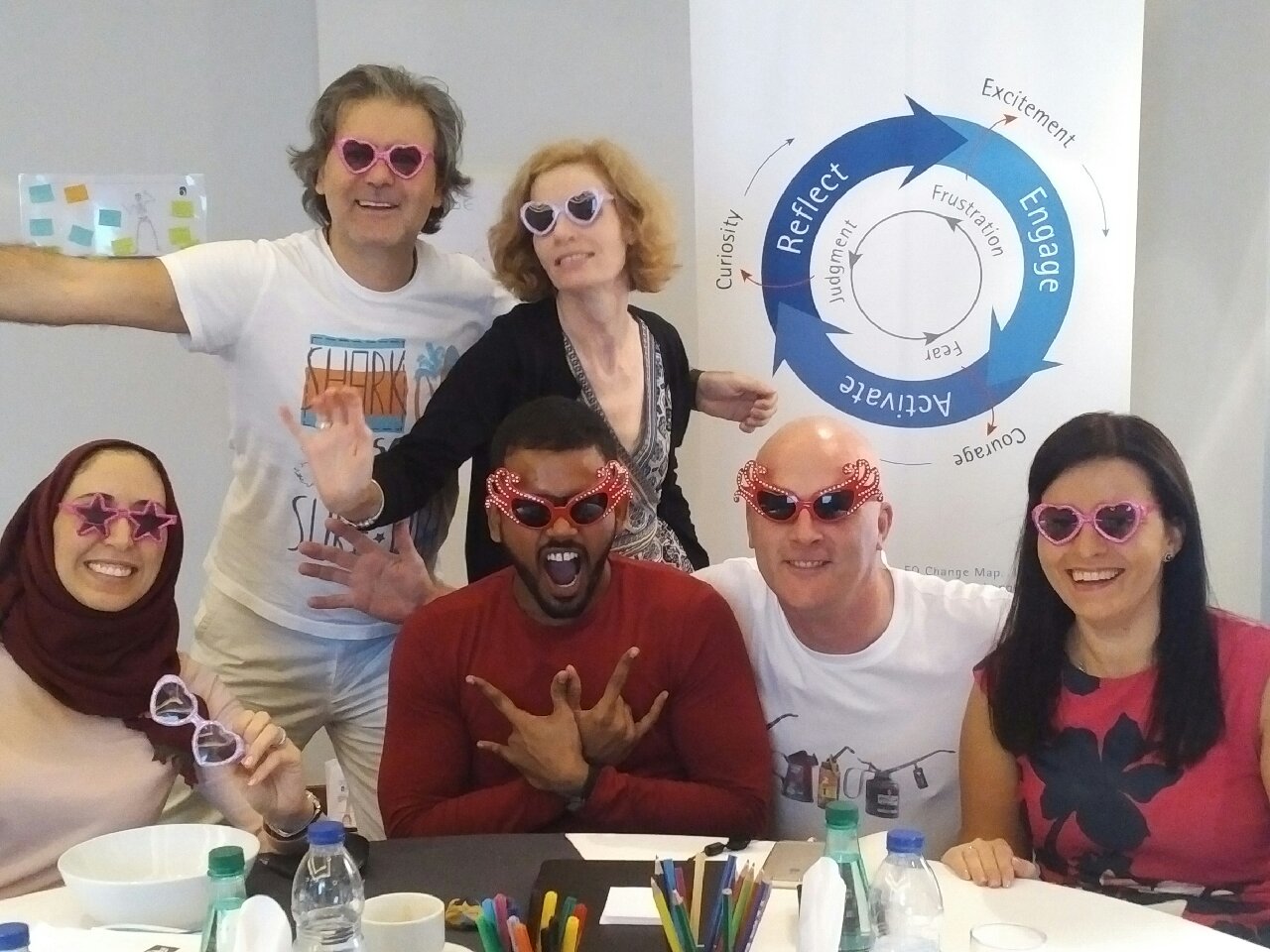1. The Difference that Makes the Difference
The Six Seconds framework of EQ embedded in the coaching program captures brilliantly how people think, act, feel in every minute of their life. This gives coaches the edge to understand what’s REALLY happening with clients. – Irene Riad

2. That Special Way of Asking Questions

It’s easy to say “be nonjudgmental” — but our brains our wired to judge. The way out is developing a coaching presence that is profoundly inviting and builds on that trustworthy partnership.
The course has helped me look inwards and become more non-judgemental. This has helped me greatly with my coaching because it has helped me to build my ‘invisible resume’. Swetha Reddy
3. Standing Out in a Crowded Market
This course sets you apart from the crowd and the skills are used in both professional and personal life. The course equips you will tools and skills to implement immediately allowing you to improve communication, build better relationships, and assist people who are stuck in their thinking.- Irene Riad

4. EQ Toolbox

I always thought I was an empathetic person till I got my SEI report and realized how much I needed to improve in that area. That was my ‘aha’ moment because I would have never realized it otherwise. – Swetha Reddy
I remember using the EQ talent brain brief and questioning techniques to find myself helping people transform the way they think about themselves in 20 minutes. This sounds impossible in the beginning but when the coach trusts the system and embeds themselves in the coaching genuinely, miracles happen. – Irene Riad
I really enjoyed it all. For me, the relationships developed between myself and other course attendees was so valuable and positive. We supported one another and laughed a lot when we were together. That’s what I remember when I look back. – Sarah Whyte

- Enhance Emotional Literacy - July 13, 2023
- Plutchik’s Wheel of Emotions: Feelings Wheel - March 13, 2022
- Technology Loneliness: EQ Tips from Daniel Goleman - October 24, 2020
